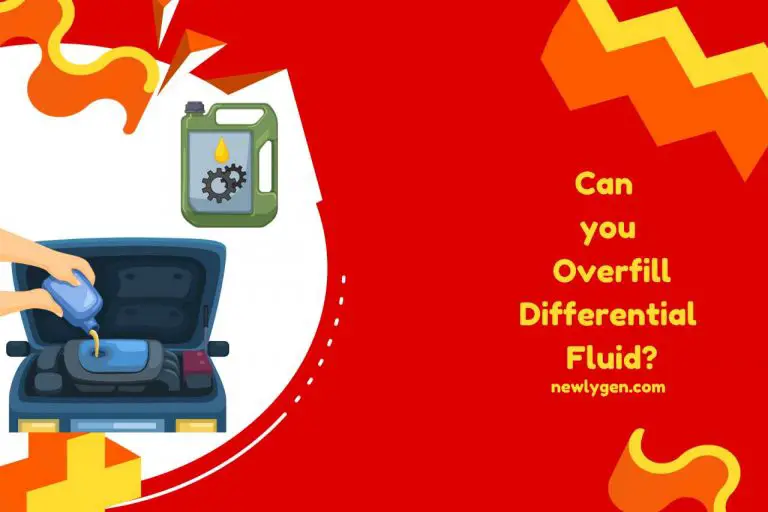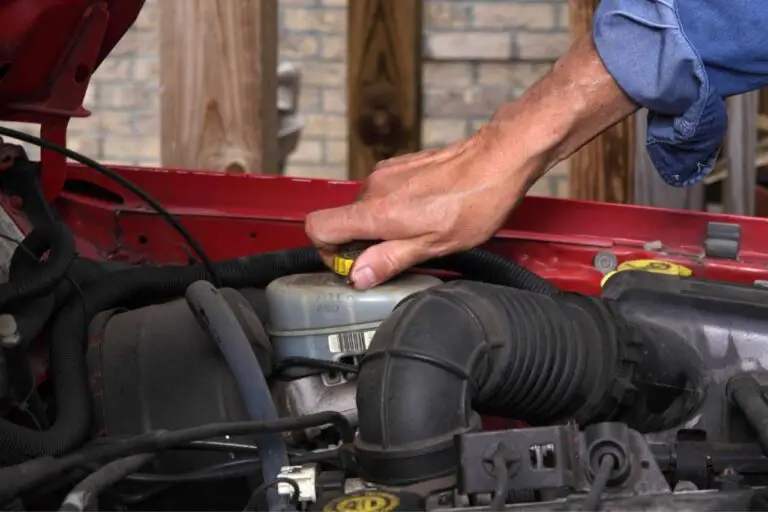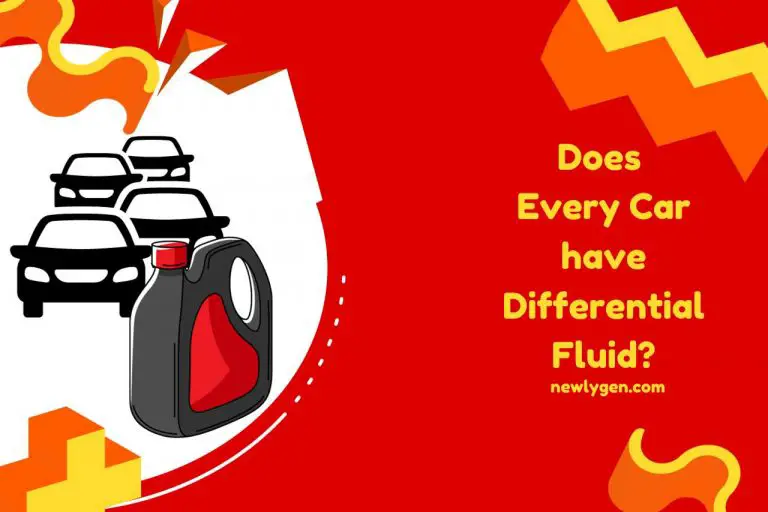Signs Of Low Differential Fluid Levels You Should Look Out For
Differential fluid will be in the axle housing of your vehicle, which will help improve the differential‘s performance for a more extended period. You must also ensure that the differential fluid is at the required level like fuel, engine oil, coolant, and other vehicle fluids. In this article, you will learn about the signs of low differential fluid.
Gear oil, also refers to as differential fluid can work under high pressure. When there is insufficient differential oil in your vehicle, the differential will overheat, and you will encounter several issues. Hence to reduce the repair expense, it is better to check the fluid level, and if necessary, you must change it. There are some signs of low differential fluid, which predict that you must refill the fluid to increase the vehicle’s performance.
On average, most automobiles will require a differential oil change at about 30000 to 60000 miles. You can refer to the owner’s help or check the service manual to get a clear idea of your vehicle’s differential fluid change interval.
Since refilling differential oil is a messy process, it is best to get the support of a licensed mechanic. When your car has the required quantity of differential oil, it will lubricate the gears, bearing, clutch packs, and the other differential components that will make the vehicle perform well. This fluid will also help cool the differential.
When you experience the signs of low differential fluid it makes your vehicle perform poorly. If you drive the vehicle without this fluid, the differential will overheat due to metal rubbing and create more friction. Driving with low differential fluid is unsafe and will damage the differential catastrophically.
What Are The Signs Of Low Differential Fluid Level
Most drivers do not check the differential fluid level until they experience any related symptoms. Maintenance of the vehicle is essential. Maintenance will include checking on the components, air pressure in the tires, battery charge, fuel consumption, oil level, etc.
When you have preventive maintenance, you can avoid sudden failures, which will also increase the vehicle’s performance and durability. Here are a few signs of low differential fluid, so it is better to check the fluid level if you encounter such symptoms.
-
Loss Of Traction
When there is insufficient differential fluid in your vehicle, this will cause a loss of traction. As this fluid will transfer power to the inside wheels from the outside wheels when you make a turn, the inside wheel will turn a shorter distance, and therefore, you will have the grip.
In contrast, this process will not occur properly when the differential fluid is low. The tire will lose its grip, so it might turn out dangerous when you are taking a turn at a higher speed.
-
Loud Noise
If the differential fluid is low, it will not lubricate the gears and the other components properly, and as a result, due to the metal-on-metal rubbing, while you drive, you may hear loud noises like humming and grinding, and squeaking. This noise will change when you try to accelerate the vehicle, take a turn, or when trying to decelerate. As mentioned previously, when the vehicle does not have enough differential fluid, the wheel may spin, making squealing noises.
-
Overheating Differential
One of the crucial reasons for using differential fluid is to cool the differential under high-pressure situations. When this fluid is low, the differential component will not get lubricated properly. As a result, it will produce more friction, and the differential bearing and gears will heat up, causing the entire system to overheat. Overheating may result in differential failure, and you will have to spend on extensive repairs.
On the other hand, when the fluid is low, the differential will not cool; hence this will overheat the system, which causes improper lubrication of the components, which will also increase the rubbing of the metallic surfaces and produce more friction. As a result, the differential will fail to perform.
-
Burning Smell
Lack of differential oil may also produce a burning smell, so when you experience such a smell coming from your vehicle, it is better to check the fluid level. If the fluid is low, this will cause the gears to rub against each other, resulting in high friction, which will result in the breaking down of oil and starting to burn.
Suppose you have parked the vehicle in the garage and started it after a long time, then this smell will be more noticeable.
-
More Vibration
If you are experiencing more vibrations while driving the vehicle, this may be a symptom of low differential fluid. Lacking this fluid will cause misalignment of the gears, and as a result, you may notice premature wearing of the gears, which will produce excessive vibration while driving the vehicle.
It is necessary to change the differential oil on time, so you will not have to spend on replacing the gear and bearing due to premature wearing and breaking down.
-
Wearing Of Tire Unevenly
The differential fluid will help to supply power evenly to all the wheels in your vehicle, so when this fluid is low, the power supply will be uneven and cause the wheel to spin faster. Therefore, a lack of differential fluid will make the wheel wear unevenly and wear down quickly. When your tires are wearing unevenly, it may be due to several causes where you will also have to check on the level of deferential fluid.
-
Slipping Transmission
Low differential fluid will not properly lubricate the clutch plates, which may cause slipping transmission, and in the worst case, it may lead to failure since the hydraulic pressure will also be low when there is not enough fluid. As a result, the driver will have trouble when shifting gears.
These are a few signs you may experience due to a lack of differential fluid. This fluid will get low due to several reasons like burning the fluid, leaking seals, vehicles sitting without driving for a longer period, and improper maintenance. Hence, you must ensure that your vehicle’s differential fluid is at the appropriate level to avoid dangerous consequences.
We hope this article helped you understand the symptoms you may experience when your vehicle has low differential fluid.
Dive Deeper: Related Content You Shouldn’t Miss








One Comment